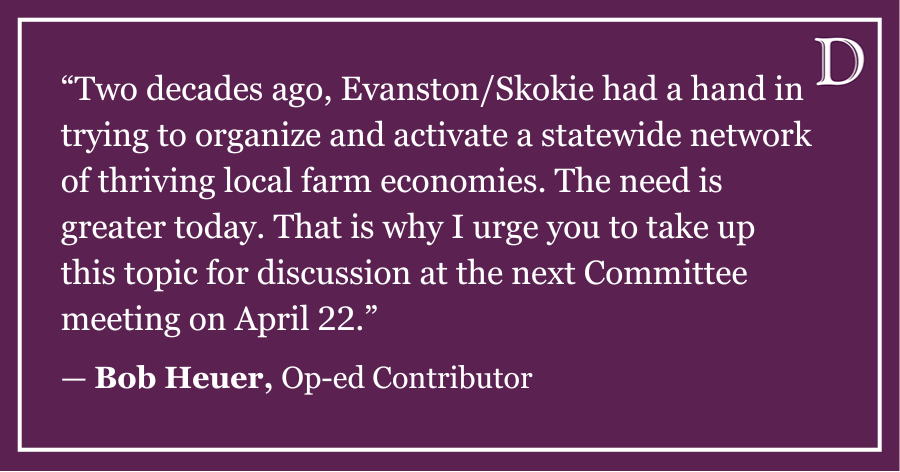About 5,000 birds dropped out of the sky earlier this month, and surprise! It’s our fault. The arctic waters are also warmer than they have ever been in 2000 years. Again, our fault. Awesome animals (like polar bears and tigers and apes and whales and elephants) are endangered species, and they’re cute! Also our fault.
This article is not about climate change. We already know the environment is not doing so well. When I told my second grade teacher that my favorite animal is the elephant, she told me there may not be any elephants left when I grew up. At some point in high school, Al Gore freaked us out about global warming in the “Inconvenient Truth” before his voice lulled us to sleep. We know the world’s ecosystems and waters and air are all screwed because of us.
And yet, as I sit here and type this, my mini-fridge is humming in the background, both my lights are on and my computer is grumbling because it hasn’t been completely powered off for weeks. The problem isn’t that we don’t know what global warming is, it’s that we are still too lazy to change. It’s so easy to forget about the earth when we’ve got papers due, tests to pass, parties to party at, money to spend and people in our lives to love and not love.
Whenever I spend time thinking about the state of the world, I feel a renewed passion to make a change in my life. Really, I do. Because honestly, we should be making changes in our lives to change the future of the environment – that’s completely inarguable. But then I get distracted by the mundaneness and crises of everyday living, and my passion turns into a subdued guilt that I try to drown in my 30-minute long showers.
It’s so much easier to think about me. In a society where the individual takes precedence over the collective, my problems come before our problems. Sure, the world is spiralling to its destruction, but cramming for my midterm just seems more immediately relevant.
Friends, this is a case of the collective action problem, that same collective action problem professors teach in the context of public goods, revolution and owning cows. Whenever I stare into Evanston’s sickly pink night sky and manage to see a few stars, I always feel so tiny and unimportant. Yet at the same time, that tininess is empowering because my worries are even tinier on the macro scale. Problems that matter to everyone start with the actions of one.
It may seem insignificant if one person tries to recycle and consciously conserve water and energy, but when adding each person’s efforts together, it’s a big deal. So maybe it’s time to try shutting down our computers overnight instead of hibernating them. Skipping the dryer and hanging clothes helps keep them newer for longer anyway. And maybe instead of that half-hour shower, sleep in for a bit and rush through a quick rinse instead. Working for the collective good includes doing things, however momentarily inconvenient (walking to that recycle bin is hard, I know), that will help someone more than just ourselves, even if we can’t see it directly.
Before this starts to sound a little like communist propaganda, Green Cup starts today, and each and every one of us can do at least a little something to adjust our lives for the collective good. It’s like the dessert dilemma: you always want ice cream, but you’re too lazy to walk over and get some. For Earth’s sake, let’s get up and do something because in the end, we all know that it’ll be worth it.
And although Avenue Q’s “It Sucks to be Me” is always stuck in my head, the only person who should really be singing that song is Mother Earth. Cheers to Green Cup!
Karen Chen is a Medill freshman. She can be reached at karenchen2014@u.northwestern.edu.







